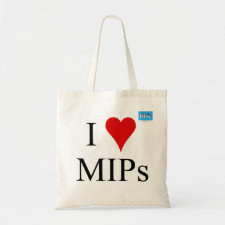
Authors: Guerreiro JRL, Bochenkov VE, Runager K, Aslan H, Dong MD, Enghild JJ, De Freitas V, Sales MGF, Sutherland DS
Article Title: Molecular Imprinting of Complex Matrices at Localized Surface Plasmon Resonance Biosensors for Screening of Global Interactions of Polyphenols and Proteins.
Publication date: 2016
Journal: ACS Sensors
Volume: 1
Issue: (3)
Page numbers: 258-264.
DOI: 10.1021/acssensors.5b00054
Abstract: Molecular imprinting polymers (MIP) have been applied to capture and stabilize complex protein matrices at plasmonic sensor surfaces. Ultrathin MIP layers at the surface of gold nanodisks enable the label free quantification of global interactions of polyphenols with protein mixtures. Separate polyphenols (catechin, procyanidin B3- catechin dimer, and PGG-pentagalloyl glucose) give specific and different binding levels to the MIP supported saliva plasmonic sensor. The demonstrated biosensor has application to study bioavailability of polyphenols or evaluation of local retention of small drug molecules
Template and target information: polyphenols, proteins, catechin, procyanidin B3-catechin dimer, PGG-pentagalloyl glucose, amylase, saliva
Author keywords: localized surface plasmon resonance (LSPR), molecular imprinting, complex protein matrix, Polyphenols, Biosensing, nanodisks



Join the Society for Molecular Imprinting

New items RSS feed
Sign-up for e-mail updates:
Choose between receiving an occasional newsletter or more frequent e-mail alerts.
Click here to go to the sign-up page.
Is your name elemental or peptidic? Enter your name and find out by clicking either of the buttons below!
Other products you may like:
 MIPdatabase
MIPdatabase









